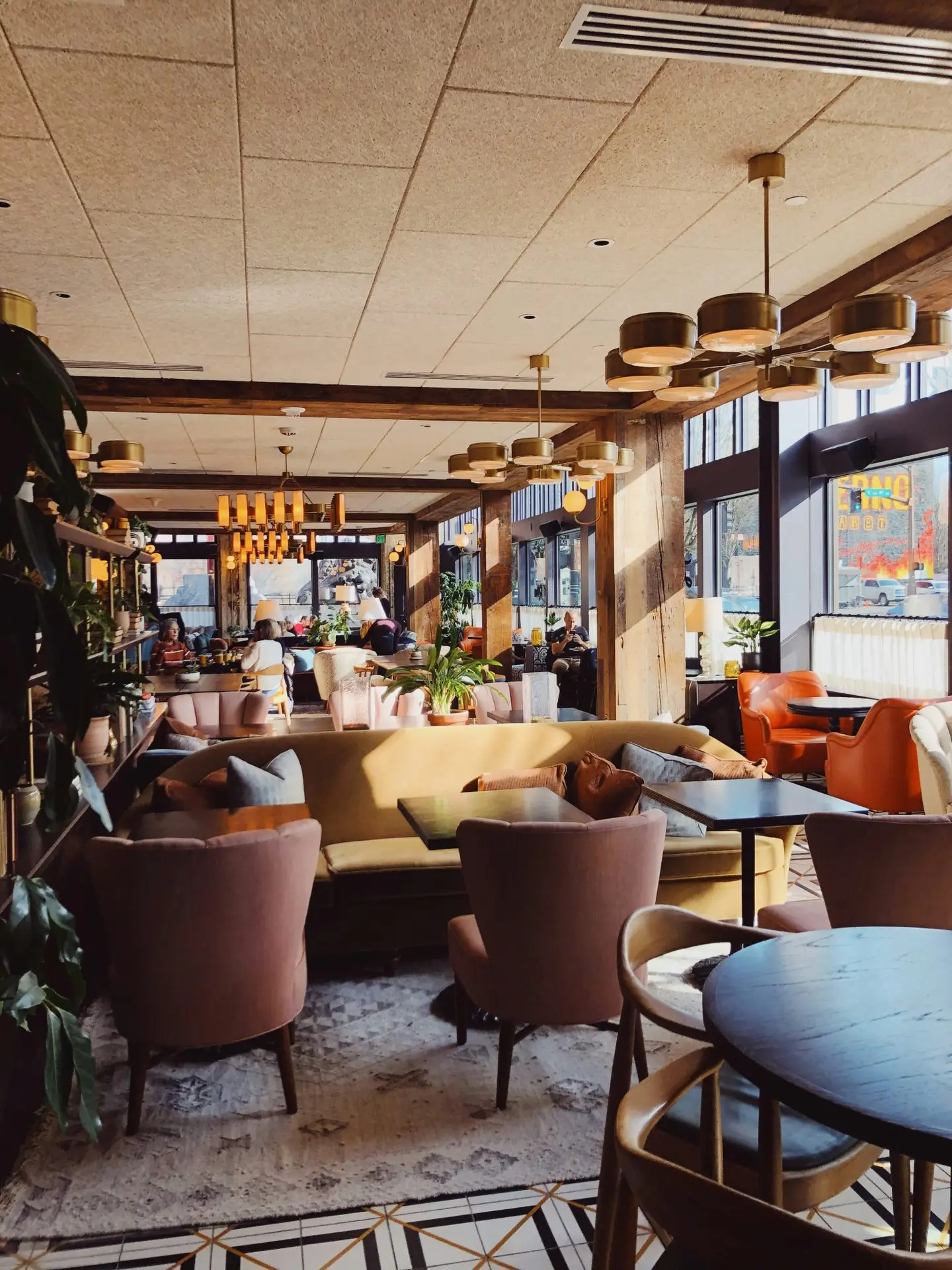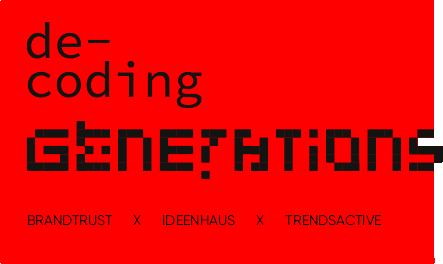Me-centric
networkers
searching
for attention
Millennials includes those born between 1981 and 1997, during a technologically interconnected world.
Millennials are characterized by an embrace of global perspectives, social consciousness and a preference for experiences over material possessions. They have navigated a dynamic socio-cultural landscape, adapting to rapid technological changes and influencing shifts in societal values.
Identify and understand the needs and values of each generation. Explore our 4 business packages to boost your brand:
The formative years
Millennials were the first generation to reach adulthood in the new millennium. Born between 1981 and 1997, most of them grew up in smaller families. With an average of 2 kids in Millennial families they soon got used to being in the centre of attention.
Their Baby Boomer parents had high expectations of them. They were very involved in their upbringing and supervised them strictly. That’s why they’re called “helicopter parents”.
Where to go on holiday, the colour of the new car or what to have for dinner, Millennials were allowed to have a say in how they wanted things to happen. Not only at home, but also in sports and at school they were encouraged and given plenty of room to self-express and develop. Group assignments became more common and kids were encouraged to learn from each other as well instead of only from their teacher.
With the commercialization of the internet, social media and consumer tech developments during their formative years, this was now possible to be the centre of attention and share input off- and online. Social media channels were the perfect platforms for Millennials to display themselves and easily connect with others.
However, their formative years were not all roses. Millennials grew up in the midst of monumental events a major economic crisis, an unstable political climate, and serious climate problems accompanied by natural disasters.

With the commercialization of the internet, social media and consumer tech developments during their formative years, this was now possible to be the centre of attention and share input off- and online. Social media channels were the perfect platforms for Millennials to display themselves and easily connect with others.
However, their formative years were not all roses. Millennials grew up in the midst of monumental events a major economic crisis, an unstable political climate, and serious climate problems accompanied by natural disasters.
Where did this lead to?
Millennials are me-centric; they are self-focused and want to develop their unique identity or talent. The democratization of reach facilitated by the internet and social media enabled everyone to share their thoughts, talents and ideas with whomever they wanted to. However, this has a flip side. When the world becomes your playing field the competition will be fierce. There are always people more talented, intelligent, funnier or prettier than you. Millennials are more likely to experience the pressure to succeed, which weighs heavily on their mental well-being.
Millennials learned to cooperate at school and online through social networks which led to a generation of interactive networkers. They utilise their online and offline networks to reach personal and collective goals, stay connected and up-to-date and share information. Engaging with people with higher job positions become easier than ever, resulting in hierarchy making a place for more horizontal organizations, where everyone is allowed to have a say.
Although growing up in the midst of monumental events, Millennials kept optimistic. A mindset they adapted from their Baby Boomers parents, who experienced prosperity during their lifetime. However, their optimism mostly stems from the feeling that they can have a significant impact on building a future together as social media provided them with the tools to find like-minded people and work together on solutions. But now that Millennials have grown up, their optimism has met with an often disappointing reality. They found out the world might not be as rosy as they thought, and their trust in the future and institutions has dropped.
Millennials grew up with plenty of room to express and collaborate. Later on, digital developments and social media amplified this big time; making them even more Me-centric and Networked. They could connect, create and share 24/7. This makes them feel empowered and Optimistic and able to influence their own futures for the better.


Where did this lead to?
Millennials are me-centric; they are self-focused and want to develop their unique identity or talent. The democratization of reach facilitated by the internet and social media enabled everyone to share their thoughts, talents and ideas with whomever they wanted to. However, this has a flip side. When the world becomes your playing field the competition will be fierce. There are always people more talented, intelligent, funnier or prettier than you. Millennials are more likely to experience the pressure to succeed, which weighs heavily on their mental well-being.
Millennials learned to cooperate at school and online through social networks which led to a generation of interactive networkers. They utilise their online and offline networks to reach personal and collective goals, stay connected and up-to-date and share information. Engaging with people with higher job positions become easier than ever, resulting in hierarchy making a place for more horizontal organizations, where everyone is allowed to have a say.
Although growing up in the midst of monumental events, Millennials kept optimistic. A mindset they adapted from their Baby Boomers parents, who experienced prosperity during their lifetime. However, their optimism mostly stems from the feeling that they can have a significant impact on building a future together as social media provided them with the tools to find like-minded people and work together on solutions. But now that Millennials have grown up, their optimism has met with an often disappointing reality. They found out the world might not be as rosy as they thought, and their trust in the future and institutions has dropped.
Millennials grew up with plenty of room to express and collaborate. Later on, digital developments and social media amplified this big time; making them even more Me-centric and Networked. They could connect, create and share 24/7. This makes them feel empowered and Optimistic and able to influence their own futures for the better.
